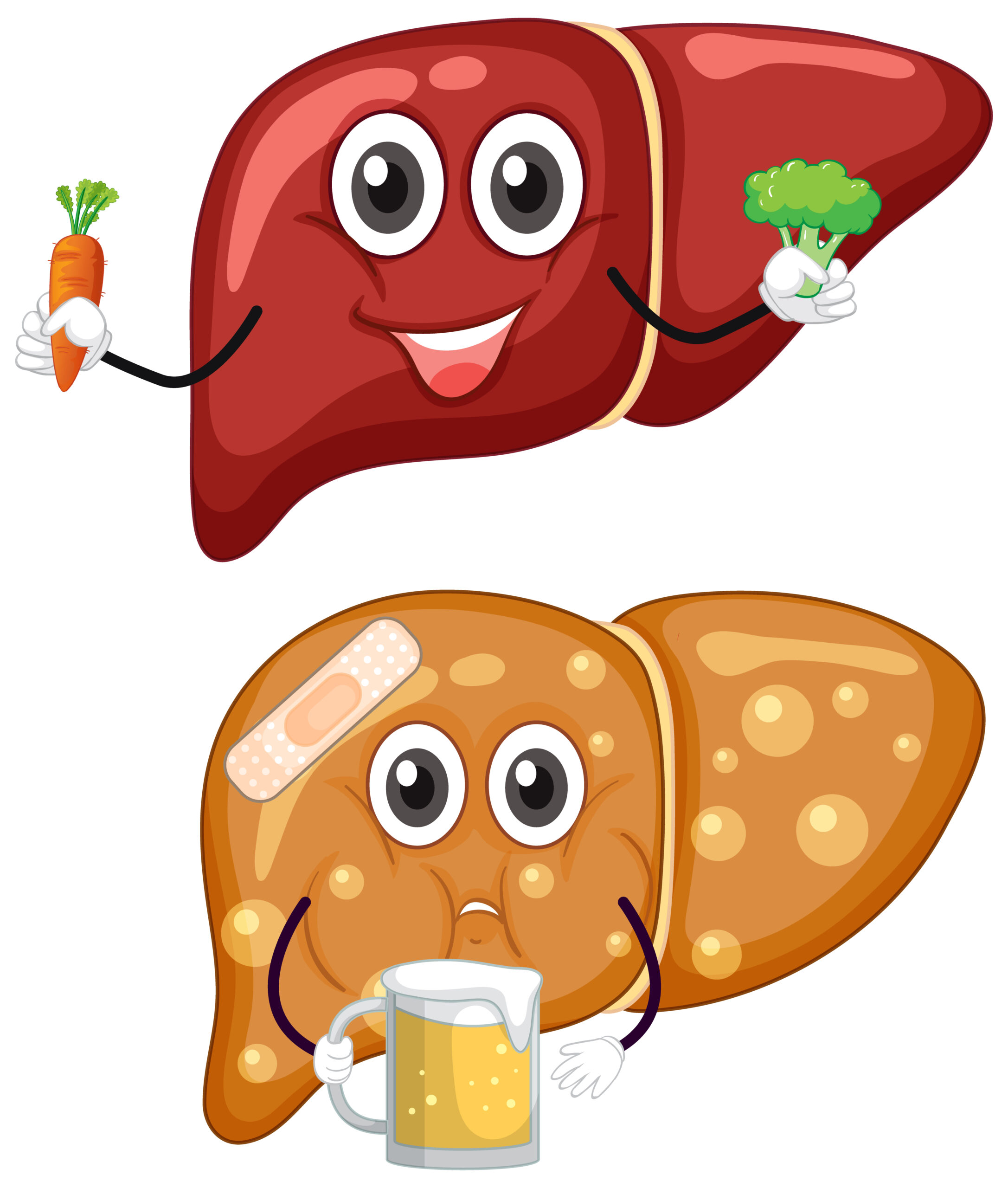Fueling Flexibility: Recipes for Increasing Lubrication in Joints
Introduction:
Flexibility is a crucial component of overall physical health and well-being, enabling us to move freely and perform daily activities with ease. However, as we age or engage in repetitive activities, joint stiffness and decreased lubrication can hinder our range of motion and lead to discomfort. Fortunately, there are natural ways to support joint health and increase lubrication, including incorporating specific foods into our diet. In this blog post, we’ll explore recipes designed to nourish joints, promote flexibility, and enhance lubrication, allowing you to move with greater ease and comfort.
DISCLAIMER: The information provided in this blog is for educational and informational purposes only and is not intended as medical advice. The content is not intended to diagnose, treat, cure, or prevent any disease. Readers are advised to consult with a qualified healthcare professional regarding their specific health concerns and before starting any herbal remedies or health regimen. While every effort has been made to ensure the accuracy and completeness of the information presented, the author and publisher assume no responsibility for any errors or omissions. The use of herbal remedies and traditional medicine should be undertaken with caution and under the guidance of a qualified healthcare practitioner, especially for individuals with pre-existing medical conditions or those taking medications. The inclusion of specific herbs or formulations in this blog does not imply endorsement or recommendation. Individual responses to herbal remedies may vary, and it is important to consider individual health needs and sensitivities. Always read product labels and instructions carefully before use.By accessing and using this blog, readers acknowledge and agree to the terms of this disclaimer and release the author and publisher from any liability arising from the use or misuse of the information provided.
Understanding Joint Lubrication:
Joint lubrication refers to the presence of synovial fluid, a viscous fluid that surrounds and lubricates the joints, reducing friction and facilitating smooth movement. Adequate lubrication is essential for maintaining joint health and preventing conditions like osteoarthritis, which can cause pain, stiffness, and reduced mobility.
RECIPES FOR INCREASING JOINT LUBRICATION:
- Turmeric-Ginger Smoothie:
Ingredients:
– 1 ripe banana
– 1 cup almond milk (or any milk of choice)
– 1 teaspoon turmeric powder
– 1 teaspoon grated fresh ginger
– 1 tablespoon chia seeds
– 1 tablespoon honey or maple syrup (optional for sweetness)
– A pinch of black pepper (to enhance turmeric absorption)
Instructions:
– In a blender, combine all the ingredients and blend until smooth.
– Pour into a glass and enjoy as a refreshing and anti-inflammatory smoothie to support joint health and increase lubrication.
- Salmon with Lemon-Dill Sauce:
Ingredients:
– 2 wild-caught salmon fillets
– 2 tablespoons olive oil
– 1 tablespoon fresh lemon juice
– 1 tablespoon chopped fresh dill
– Salt and pepper to taste
Instructions:
– Preheat the oven to 400°F (200°C). Place the salmon fillets on a baking sheet lined with parchment paper.
– In a small bowl, whisk together the olive oil, lemon juice, chopped dill, salt, and pepper.
– Brush the lemon-dill sauce over the salmon fillets, coating them evenly.
– Bake in the preheated oven for 12-15 minutes, or until the salmon is cooked through and flakes easily with a fork.
– Serve the salmon with steamed vegetables or a side salad for a nourishing meal rich in omega-3 fatty acids, which support joint lubrication and reduce inflammation.
- Vegetable Stir-Fry with Sesame-Ginger Sauce:
Ingredients:
– 2 cups mixed vegetables (such as broccoli, bell peppers, carrots, and snow peas)
– 2 tablespoons sesame oil
– 2 tablespoons soy sauce (or tamari for gluten-free option)
– 1 tablespoon rice vinegar
– 1 tablespoon grated fresh ginger
– 1 garlic clove, minced
– 1 tablespoon sesame seeds
Instructions:
– In a large skillet or wok, heat the sesame oil over medium heat. Add the mixed vegetables and stir-fry for 5-7 minutes, or until tender-crisp.
– In a small bowl, whisk together the soy sauce, rice vinegar, grated ginger, and minced garlic.
– Pour the sesame-ginger sauce over the stir-fried vegetables and toss to coat evenly.
– Sprinkle sesame seeds over the top and serve hot as a delicious and nutrient-rich dish that supports joint health and promotes flexibility.
Incorporating these recipes into your regular meal rotation can help nourish your joints, increase lubrication, and promote flexibility. Remember to pair these nutritious dishes with a balanced diet rich in fruits, vegetables, whole grains, lean proteins, and healthy fats for optimal joint health and overall well-being.
CONCLUSION:
Maintaining joint health and promoting flexibility are essential for enjoying an active and fulfilling life. By incorporating specific foods into your diet that support joint lubrication and reduce inflammation, you can nourish your joints from the inside out and move with greater ease and comfort. Try incorporating the recipes shared in this blog post into your meal plan and reap the benefits of increased flexibility and joint health for years to come.



